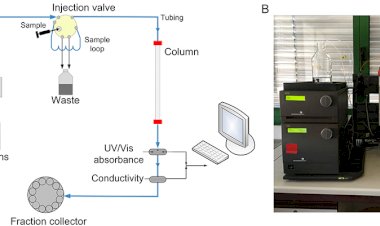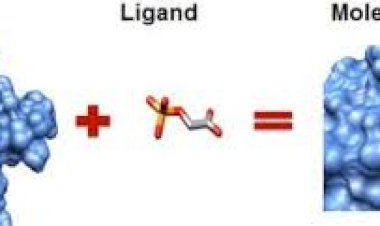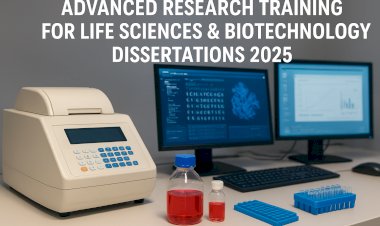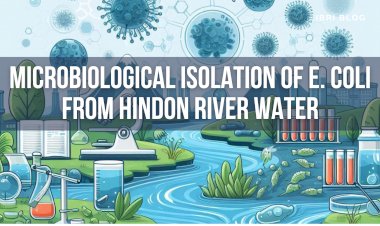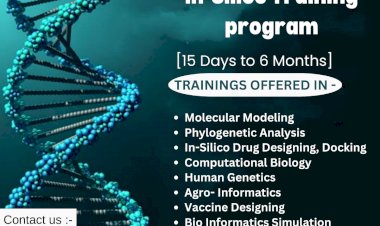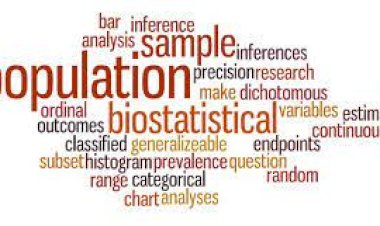Pharma Excellence: The Pillars of Quality Assurance and Quality Control
Pharma, Quality Assurance, Quality Control, Pharmaceutical
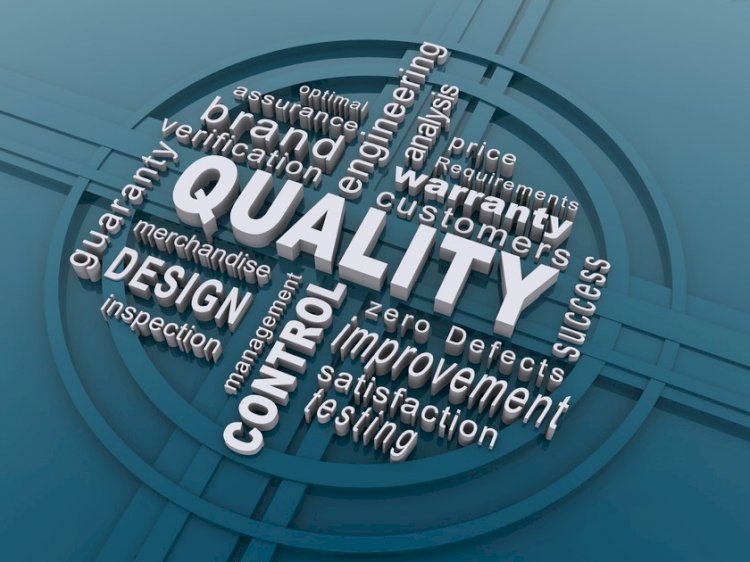
Pharma Excellence: The Pillars of Quality Assurance and Quality Control
In pharmacological contexts, quality assurance and quality control are frequently used similarly. This is possible since they each discuss various facets of quality management and satisfying the high standards and requirements of customers. The main focus of quality assurance and quality control positions is verifying that the medication has been produced effectively, is suitable for use, and provides the expected effect. Despite both of these elements of quality control, a pharmaceutical company would find it difficult to produce consistently. The efficacy of an organization's goods depends in large part on productivity, which is enhanced by quality assurance and quality control.
Quality Assurance and Quality Control they are both essential to the creation and distribution of various medicinal items. In order to ensure that every product is of the highest quality, quality control in the pharmaceutical business aims to check and test the medication at various stages of production. Additionally, product errors must be found and corrected using corrective methods and procedures as part of quality control. To guarantee that items satisfy the necessary customer and regulatory requirements, it is a procedure of evaluating and approval. In a pharmaceutical setting, quality control is a crucial component of managing quality.
Additionally, product errors must be found and corrected using corrective methods and procedures as part of quality control. To guarantee that items satisfy the necessary customer and regulatory requirements, it is a procedure of evaluating and approval. In a pharmaceutical setting, quality control is a crucial component of managing quality. On the reverse side, quality assurance is the method of ensuring that the necessary standards have been met. By defining procedures, setting standards, and creating policies for higher-quality administration, quality assurance strives to avoid errors and defects in addition to control performance. As a result, quality control centers on the product whereas quality assurance concentrates on the entire procedure.
Another difference among quality assurance and quality control is how they are implemented. In a pharmaceutical organization, particular employees are frequently in charge of quality control. Professionals in quality control, that test products and validate processes, would handle these responsibilities. These people will be experts in identifying problems with medical items and ensuring that they adhere to legal requirements. On the other hand, quality assurance involves a whole team, with each member in charge of QA tasks like planning, documentation, project auditing, and other types of quality evaluation. The executive team often has control over the standard of the quality management system. A QA/QC plan should be created since it is an essential component of a QA/QC system. The strategy must, in overall, involve the QA/QC procedures that will be followed and include a timeline that follows the compilation of the inventory from its inception to its last report in any given year. It should include a timeline and a description of the procedures for reviewing all source categories. An internal record used to organize, plan, and carry out QA/QC tasks is the QA/QC plan. Once created, it may be referred to and utilized to create further inventories, or it can be updated as necessary.
The means by which to succeed in a pharmaceutical company
Although we work in quality assurance or control, we'll continue to have a solid grasp of how to be successful in a pharmaceutical environment. First and foremost, take advantage of any learning and growth opportunities that are presented to you. To guarantee that their employees continue to learn and are interested in their profession, many pharmaceutical companies provide through education and personal development programs.
Additionally, be sure to consistently demonstrate your value. As a QC or QA specialist, you ought to provide information on tasks and successes frequently. If you have successfully repaired any medical products, for instance, let your management and the rest of the team know about the outcomes. Artificial intelligence, digitization and automation are poised to take over quality assurance and control in the pharmaceutical industry. Pharmaceutical and MedTech firms have made a number of innovations to enhance quality assurance using new digital technology and analytical tools, according to study by McKinsey. As the pharmaceutical industry grows more digital, quality control professionals and quality assurance groups are going to have to adjust to new software and features. Although quality management will always be necessary, it is likely to become a lot more simplified procedure in the future. The pharmaceutical sector prioritizes safety and quality, with the Quality Control Team and Quality Assurance Team playing crucial roles. The Quality Assurance Team ensures that biologically active pharmaceutical ingredients (APIs) are produced and controlled, adhering to Health Authorities' acceptance standards. Their goal is to anticipate and handle potential threats to product quality, ensuring safe and effective treatments for patients. The Quality Control Team conducts continuous testing and analysis of incoming materials in manufacturing, including intermediate products, to ensure compliance with regulatory standards. They assess items quality and conformance through rigorous testing to ensure they meet the required standards.

 Janhvi
Janhvi 






